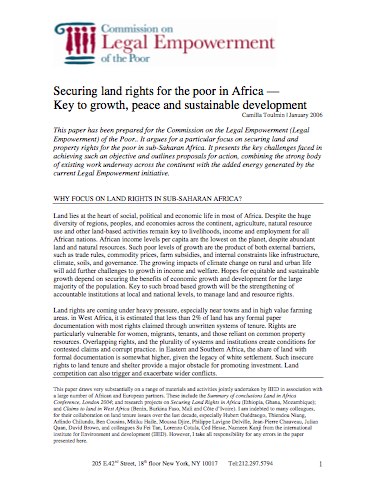UNDP works in some 170 countries and territories, helping to achieve the eradication of poverty, and the reduction of inequalities and exclusion. We help countries to develop policies, leadership skills, partnering abilities, institutional capabilities and build resilience in order to sustain development results.
Inclusive growth, better services, environmental sustainability, good governance, and security are fundamental to development progress. We offer our expertise in development thinking and practice, and our decades of experience at country level, to support countries to meet their development aspirations and to bring the voices of the world’s peoples into deliberations.
In 2016, UNDP is continuing its work to support the 2030 Agenda for Sustainable Development and the 17 new Sustainable Development Goals (SDGs), or Global Goals, as they help shape global sustainable development for the next 15 years.
UNDP focuses on helping countries build and share solutions in three main areas:
In all our activities, we encourage the protection of human rights and the empowerment of women, minorities and the poorest and most vulnerable.
Members:
Resources
Displaying 181 - 185 of 358Environmental Economics Toolkit: Analyzing the Economic Costs of Land Degradation& the benefits of Sustainable Land Management.
This Toolkit has been prepared to support the design and implementation of Sustainable Land Management (SLM) programs. The specific purpose of the Toolkit is: to inform the user of the approaches that can be followed to analyze and value the economic costs of land degradation and the benefits of sustainable land management. ‘Land’ is interpreted broadly in the Toolkit, also including wetlands and coastal zones. The Toolkit contains five Tools that together present a detailed description of the various relevant ecological and economic assessment methodologies.
Environmental Economics Toolkit: Analyzing the Economic Costs of Land Degradation& the benefits of Sustainable Land Management.
This Toolkit has been prepared to support the design and implementation of Sustainable Land Management (SLM) programs. The specific purpose of the Toolkit is: to inform the user of the approaches that can be followed to analyze and value the economic costs of land degradation and the benefits of sustainable land management. ‘Land’ is interpreted broadly in the Toolkit, also including wetlands and coastal zones. The Toolkit contains five Tools that together present a detailed description of the various relevant ecological and economic assessment methodologies.
Securing land rights for the poor in Africa
This paper has been prepared for the Commission on the Legal Empowerment of the Poor and it argues for a particular focus on securing land and property rights for the poor in sub-Saharan Africa. It presents the key challenges faced in achieving such an objective and outlines proposals for action, combining the strong body of existing work underway across the continent with the added energy generated by the current Legal Empowerment initiative.
Land rights reform and governance in Africa
The main argument of this paper is that insecurity of land tenure is a socio-political condition that can be made and unmade. This discussion paper focuses on customary land rights, particularly in the African context. The paper reveals that:





